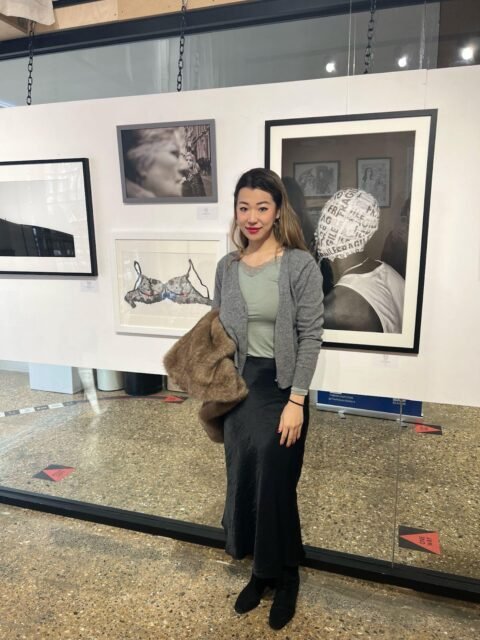No Texas artist has been as simultaneously celebrated and confounding as Terry Allen. For most of his career, both his critics and admirers regarded the Lubbock native either as a conceptual artist who wrote country songs, or a songwriter who constructed often surreal and perplexing artworks.
Only in more recent years has his entire oeuvre – including films, plays, and writings – reconciled as interdisciplinary elements of a whole, even as the individual expressions may stand exceptionally well on their own. As Allen acknowledges: “It’s the way I work. I end up making a drawing or song, and the next thing I know I’m into this hell-factory of making stuff from every angle.”
Brendan Greaves’ authorized biography, Truckload of Art: The Life and Work of Terry Allen, thus provides its greatest service in drawing throughlines from Allen’s life across his intertextual artistic narratives. With a background in the art world as curator and gallerist, an M.A. in folklore studies, and as owner of Allen’s current record label, Paradise of Bachelors, Greaves proves uniquely situated to understand Allen’s works.
Allen’s work certainly invites a biographical interpretation, especially in the blurred play of elaborate memory and myth that informs his more recent series like MemWars and DUGOUT. Likewise, the influence of his Texas Panhandle upbringing, and its geographic and cultural harshness, emerges as an essential palimpsest for other themes. Allen’s provocative and adventurous combinations of violence, wit, eroticism, and nostalgia remain utterly singular, no matter the format.
“I end up making a drawing or song, and the next thing I know I’m into this hell-factory of making stuff from every angle.”
– Terry Allen
Greaves’ study parts Allen’s life into a triptych of place: his Fifties Lubbock childhood, the two decades anchored in California’s various arts scenes, and his 1989 move to Santa Fe. The author’s exhaustive research untangles the colorful and conflicted histories of Allen’s parents with revelations that even the artist didn’t know, and vividly exhumes the formative tension of Allen’s West Texas world torn by family traumas, provincial pushback, and rock & roll.
Allen’s escape to L.A. in the Sixties, and subsequent immersion into artistic counterculture, finally unbinds his creativity – yet it’s only in reckoning with his Lubbock past that he truly finds his voice. Allen’s returns to his hometown unlock his first major visual work, JUAREZ, and eventually his music too, as he discovers a younger generation of Panhandle artists. The so-called Lubbock Mafia, who coalesced in the wake of his exodus, helped him realize the “desperado dadaism” of his seminal albums Juarez and Lubbock (On Everything).
Greaves’ portrait of Allen consistently sets the artist on the outside. Whether in the celebrity-ridden L.A. scene or academic refuge of Fresno, Allen is accepted and even celebrated. But by force of his iconoclastic vision, dogged work ethic, un-cosmopolitan background, or perhaps just personality, the artist presents as more invested in personal relationships than integrated into the particular worlds he inhabits.
Still, the central relationship in Allen’s life – with his wife and frequent creative partner Jo Harvey – feels underexplored in Greaves’ otherwise deeply detailed volume. Given the authors’ access to Allen’s years of meticulously kept personal and artistic journals, the choice seems intentional (and perhaps understandable considering the authorized nature of the work). “In writing this book, given my personal and professional relationship with Terry, I have necessarily discarded the pretense of dispassionate objectivity,” Greaves recognizes in the appendix.
The remarkable 60-year relationship between two such unabashedly candid artists could likely fill its own history. In that sense, Greaves has laid an invaluable foundation for understanding Allen’s life and work, while still begging deeper explorations of the artist’s archives.
Truckload of Art: The Life and Work of Terry Allen
Hachette Books, 541 pp., $34







